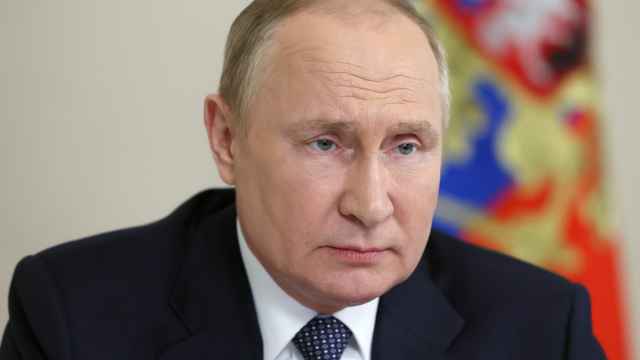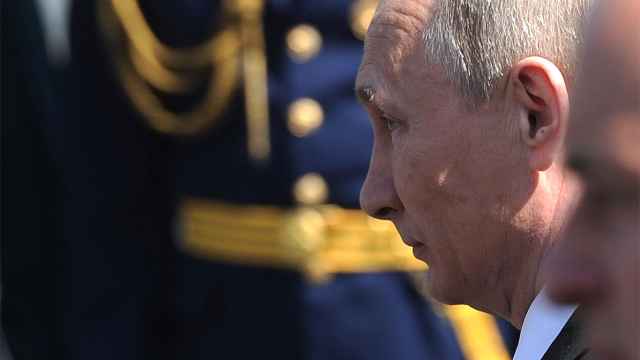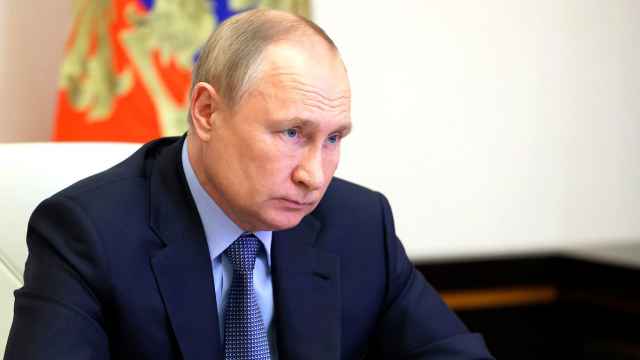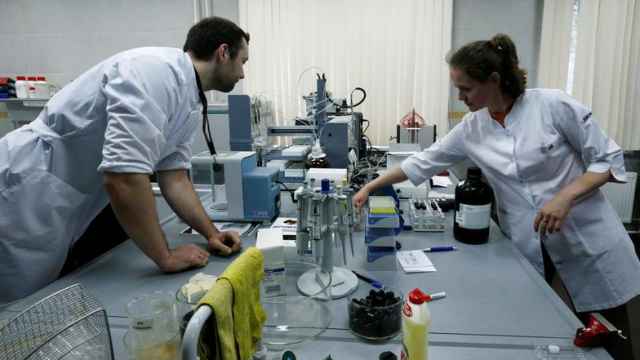Russian President Vladimir Putin on Tuesday received the wanted leader of Bosnia's ethnic Serbs, Milorad Dodik, in the Kremlin, a day after Dodik had announced a visit to Moscow.
The Kremlin showed footage of Putin shaking hands with Dodik in a Kremlin hall, saying he was "very happy" to see him in the Russian capital.
Dodik is the target of an arrest warrant over accusations of seeking to secede and flouting the constitution. Bosnian prosecutors had issued an international warrant for his arrest last week.
The Kremlin aired footage of the Russian leader — himself the target of an international warrant for his actions in Ukraine — greeting Dodik and smiling.
"Dear Mr. President, I am very happy to see you in Moscow," Putin said in the short clip published by the Kremlin.
Dodik is a Russian ally and the head of Bosnia's Serb-dominated Republika Srpska statelet.
He later said on social media that he held his "26th meeting" with Putin, whom he said he had backing from, calling Russia a "guarantor" of peace in Bosnia.
"Russia will advocate for the ending and cessation of the work of international institutions, especially the fake high representative, or, as he says, the illegitimate representative," Dodik added.
On Monday, he issued a video from Moscow in which he praised Putin.
He travelled to Russia despite the international arrest warrant against him issued by the deeply divided country's central prosecutors.
Since the end of the 1990s conflict, Bosnia has been split into semi-autonomous halves — Republika Srpska and a Muslim-Croat federation.
Dodik, 66, has several times threatened to take the Serb entity out of Bosnia.
Despite the warrant, Dodik had earlier visited Serbia and Israel.
Russia has close historical ties with Serbia.
A Message from The Moscow Times:
Dear readers,
We are facing unprecedented challenges. Russia's Prosecutor General's Office has designated The Moscow Times as an "undesirable" organization, criminalizing our work and putting our staff at risk of prosecution. This follows our earlier unjust labeling as a "foreign agent."
These actions are direct attempts to silence independent journalism in Russia. The authorities claim our work "discredits the decisions of the Russian leadership." We see things differently: we strive to provide accurate, unbiased reporting on Russia.
We, the journalists of The Moscow Times, refuse to be silenced. But to continue our work, we need your help.
Your support, no matter how small, makes a world of difference. If you can, please support us monthly starting from just $2. It's quick to set up, and every contribution makes a significant impact.
By supporting The Moscow Times, you're defending open, independent journalism in the face of repression. Thank you for standing with us.
Remind me later.






